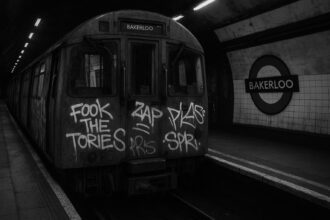In a strategic move to counter a potential Conservative win under the new voting system, Mayor Sadiq Khan urges Liberal Democrat and Green party supporters to back him in the upcoming London mayoral election.
In the lead-up to the London mayoral election in May, Mayor Sadiq Khan has issued a rallying call to Liberal Democrat and Green party supporters to unite behind him to fend off a possible Conservative victory under the newly introduced first-past-the-post voting system. This change, implemented by the Conservative government, eliminates the second-choice voting option, which Khan believes could advantage Conservative candidate Susan Hall.
Khan’s campaign strategy includes a “love letter” initiative specifically targeting progressive voters, emphasizing the critical need for their support to ensure the continuity of progressive politics in London. He has highlighted the removal of the second-choice vote as a pivotal change that could lead to a Conservative win, encouraging voters from the Liberal Democrat and Green parties to back him in the upcoming election.
The mayoral race has been further intensified by discussions around London’s pressing issues, including the visible drug use on the city streets. Conservative assembly member Tony Devenish has criticized Khan for the rise in drug activity during his tenure, prompting Khan to call for increased reporting to the police and sustained government funding for initiatives like Project Adder, aimed at addressing drug misuse.
Khan plans to kickoff his campaign in Kingston, a known Liberal Democrat stronghold, while facing critiques not only from Conservative corners but also from his progressive competitors. Green mayoral candidate Zoë Garbett and Liberal Democrat candidate Rob Blackie have both positioned themselves as viable alternatives, critiquing Khan’s record and advocating for focus on issues like affordable housing and police accountability.
With the election nearing, the introduction of stricter ID requirements for voters introduces another layer of complexity, potentially affecting over 900,000 people in the capital who may lack the necessary identification to vote.
As candidates intensify their campaigns, Khan’s appeal for a unified progressive front against the Conservative challenge marks a strategic bid to navigate the altered electoral landscape, with the future political direction of London hanging in the balance.













